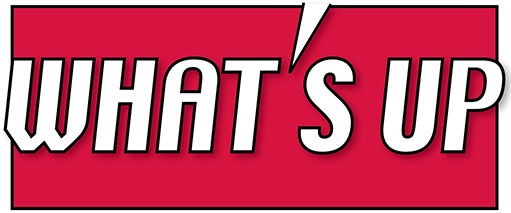
SHAMEEN IDICULLA looks at whether animals are better off in the wild or in captivity.
While the changes at SeaWorld have been cause for some celebration, wildlife activists say that more needs to be done. They would like to see all SeaWorld’s captive marine animals released back to their seas and oceans. This might be difficult for now. Most of the orcas owned by SeaWorld, for example, were born in captivity and may not know how to survive in the wild.
A happy compromise, suggests scientist Naomi Rose, would be to create special sanctuaries for captive orcas. These could be in bays or coves that are netted-off from the wider ocean, but with still enough room to give the animals adequate freedom. At the same time, experts could continue to monitor the orcas to make sure they remain healthy.
There is also the bigger question of whether wild animals should be held captive by humans at all. Should they be kept in zoos and aquariums? Are they not better off in their natural habitats?
Some argue that placing animals in zoos are a way of protecting them from bigger dangers such as poaching, pollution, and other human activities. Others point to how much we have learnt about animals from the animals we see in captivity.
“A lot of what we know about killer whale health has come out of SeaWorld research,” psychologist Heidi Harley told Science magazine. What we learn can be used to conserve animals in the wild. “As the climate changes and the ocean changes, it would be nice to know how flexible these animals are and what impact a changing environment will have on them. There are so many questions.”
Seeing animals up close can also help us develop a relationship with them, and maybe empathise with them. When orcas were first used in shows, most spectators were afraid of them, thinking the creatures were cold-blooded killers. “Now, people hold their infants up to kiss them,” continued Dr Harley.
Animal right groups look at the issue differently. While some agree that well-run zoos can be educational, they also stress that the condition of the animals should come first. Only those creatures that can adapt to captivity without being bored, harassed or harmed should be housed in zoos. The activists also note how some animals are stolen from forests and placed in zoos, in the name of conservation. But, what it really does is reduce animal populations in the wild.
“Ultimately, endangered species will only be saved by preserving their habitats and combating the reasons they are killed by people,” clarifies PETA. For that to happen, it will require each and every one of us to make good choices so that we do not hurt our planet.
VOCAB BUILDER
compromise (say ‘kom-pro-maiz’; noun) = an agreement in which both sides reduce their demands.
sanctuaries (say ‘sank-chue-reez’; noun) = places where animals can life safely.
